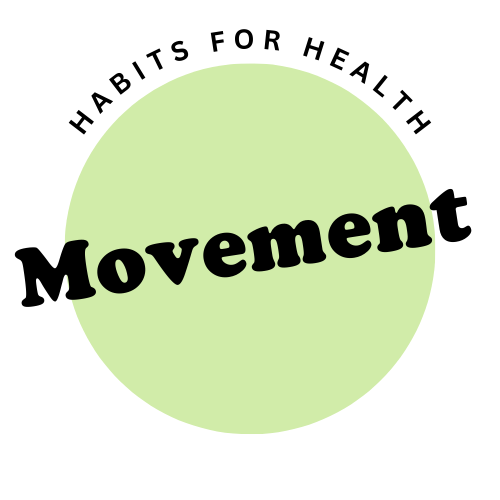Movement
Regular physical activity is important for maintaining good health, yet many people find it challenging to get enough movement into their daily lives. Movement is essential for physical fitness, mental health, and overall well-being. It helps to prevent chronic diseases, manage weight, and improve mood and energy levels.
Why Movement Matters
- Physical Health: Regular movement strengthens the heart, muscles, and bones. It helps to control weight, reduce blood pressure, and improve cholesterol levels. Physical activity can also reduce the risk of chronic diseases such as heart disease, diabetes, and certain cancers.
- Mental Health: Exercise releases endorphins, which are natural mood lifters. It can help reduce symptoms of depression, anxiety, and stress. Regular physical activity can also improve sleep quality and boost overall mental well-being.
- Brain Function: Movement enhances brain function by increasing blood flow to the brain, which can improve memory, attention, and problem-solving skills. It is also linked to a lower risk of cognitive decline and dementia.
Despite its importance, many people struggle to stay active due to busy schedules, lack of motivation, or not knowing where to start. However, there are simple steps you can take to make movement a regular part of your life.
In our movement session, we make staying active easy and achievable by:
- Understanding the Benefits of Physical Activity: Learn about the wide-ranging benefits of regular movement for your body and mind.
- Incorporating Movement into Daily Life: Learn practical ways to integrate more movement into your routine, even on busy days.
- Finding Activities You Enjoy: Discover different types of physical activities and find what you enjoy most, whether it’s walking, dancing, swimming, or playing a sport.
- Setting Realistic Goals: Set achievable and sustainable movement goals that fit your lifestyle and fitness level.
And Most Importantly:
- Learning Tools for Breaking Long-Term Movement Goals Down into Small, Achievable, and Sustainable Steps: Implement small changes that can gradually increase your physical activity over time.
Tiny Habit Suggestions
Tiny habits are a behaviour change that focus on creating small, easy-to-implement habits that can lead to significant long-term changes in behaviour. Below we have made some suggestions you may like to try.
- Tiny Habit 1: Take Short Activity Breaks Take a 5-minute break every hour to stand up, stretch, or walk around. These small breaks can add up and make a big difference in your overall activity level.
- Tiny Habit 2: Use Active Transportation Whenever possible, walk or bike instead of driving. Park further away from your destination or get off public transport a stop early to add more steps to your day.
- Tiny Habit 3: Incorporate Movement into Routine Activities Do simple exercises like squats, lunges, or calf raises while doing routine tasks such as brushing your teeth or cooking.
- Tiny Habit 4: Schedule Regular Movement Time Set a specific time each day for physical activity, whether it’s a morning walk, a lunchtime workout, or an evening stretch session.
- Tiny Habit 5: Make Movement Social Invite friends or family to join you in physical activities. Group workouts, walking clubs, or dance classes can make movement more enjoyable and keep you motivated.

